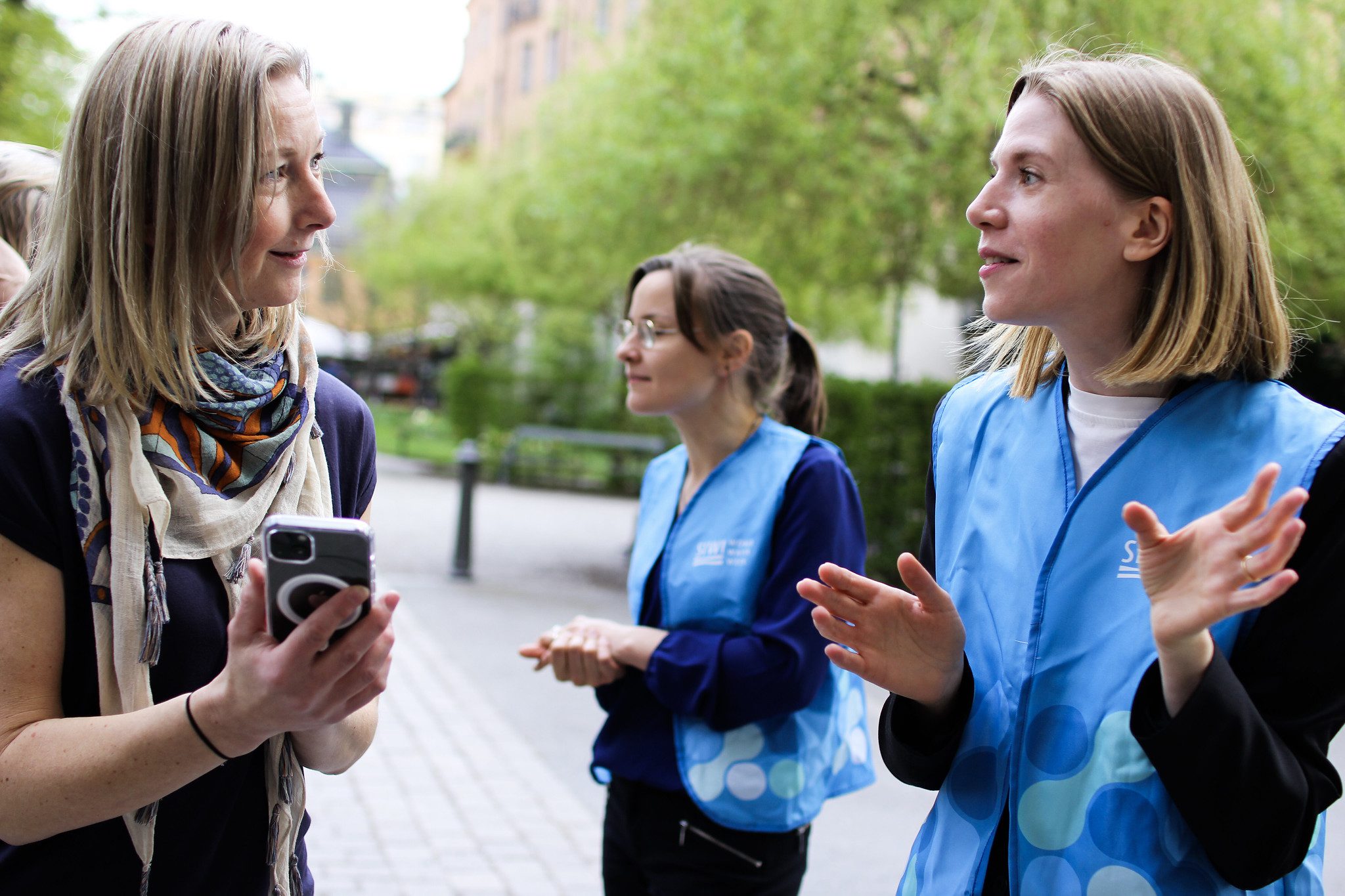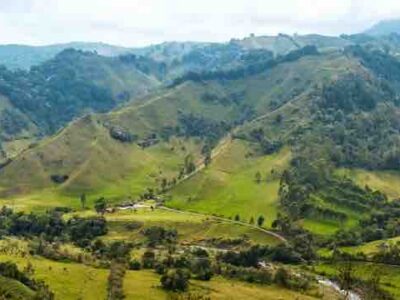Water is an essential resource, needed to hydrate our bodies, cook food, and clean our homes, but as of 2020, too many people worldwide still lack access to clean water. According to the United Nations, 26% of the global population does not have a safely managed drinking water service, and 46% do not use a safely managed sanitation service. Experts forecast that seven hundred million people might be displaced due to water scarcity by the end of the decade, while the pace at which water demand continues to accelerate, estimated to increase by 20 to 30% by 2050.
With so much work to do, the United Nations’ Sustainable Development Goal (SDG) 6 aims to “ensure safe drinking water and sanitation for all, focusing on the sustainable management of water resources, wastewater, and ecosystems, and acknowledging the importance of an enabling environment.” Water is a connecting element underlying all SDGs to achieve by 2030.
The Stockholm International Water Institute (SIWI) nonprofit hosts World Water Week annually to help with the effort. As the world’s foremost conference on global water issues since 1991, SIWI’s vision is to “to leverage knowledge and our convening power to strengthen water governance for a just, prosperous, and sustainable future.” People from all walks of life come together to share knowledge and brainstorm solutions through networking, seminars, and over 300 sessions on water-related topics.
This year, the theme is Seeing the Unseen: The Value of Water, spanning three headings that aim to communicate and utilize water’s total value. First, the event highlights the importance of water for people and development, reconciling the different ways that people think about it and discussing how we can use it for various purposes. The second highlight is water’s financial and economic value, which advocates for better measurement of water footprints and more investment in management. The final focus is on water’s value for nature and the climate, recognizing that all life relies on it, so it needs to be taken care of and preserved.
“Valued properly, water is a tool that helps us solve problems we face, global heating and climate change, for example,” Jon Lane, chair of SIWI’s Scientific Programme Committee, explains.
“But decision-makers are not used to this way of thinking and therefore miss opportunities or create the wrong incentives. To change the world, we must change how we view and value water.”
Notably, much of this water, and a highlight of this year’s theme, is “unseen.” For example, groundwater is housed in rock and sediment, yet approximately 50% of Americans rely on it for drinking. Another type is virtual water, which is found in goods and services and absorbed throughout the supply chain but unseen by the final user. Work by academics like Professor Tony Allen has led to governments, corporations, and individuals analyzing their water footprints.
Using the Water Footprint Network’s personal calculator, you can gain more insights into your individual footprint and learn how to reduce your consumption.
Annual awards also shine the spotlight on innovators in the field. This year, the winner of the Stockholm Water Prize, or the “Nobel Prize of water,” is Professor Emeritus Wilfried Brutsaert from Cornell University. He is known as “Mr. Evaporation” for his work on new ways to measure territorial evaporation. “Some of these findings have subsequently been used to initiate better measuring technologies,” he explains. Upon receiving the award, Brutsaert also discussed the importance of his work: “We must know how much water we will have in order to understand how much more a city can expand, or if we can allow industries to settle in a certain area.”
The event recognizes young people as well. Every year since 1997, students ages 15 to 20 compete for the Stockholm Junior Water Prize. A panel of international water experts review submitted research projects that organizers say can help solve major water challenges. Last year, Eshani Jha from California earned the top award for her research using biochar to remove contaminants from freshwater. This year’s Stockholm Junior Water Prize recipient, and the People’s Choice Award winner will be chosen from the finalists during the week.
Last year, World Water Week saw a record 13,000 participants from 188 countries turn out for their event, with 84% stating they would change their water-related behavior due to the learnings provided. However, Henrika Thomasson, director of World Water Week, reflected that “the real measurement of success is the impact we are making, all the solutions discussed at World Water Week that will now be implemented around the world.” That all starts at home, using less water when brushing your teeth and taking shorter showers. Together, we can more responsibly tend to our most precious resource.





